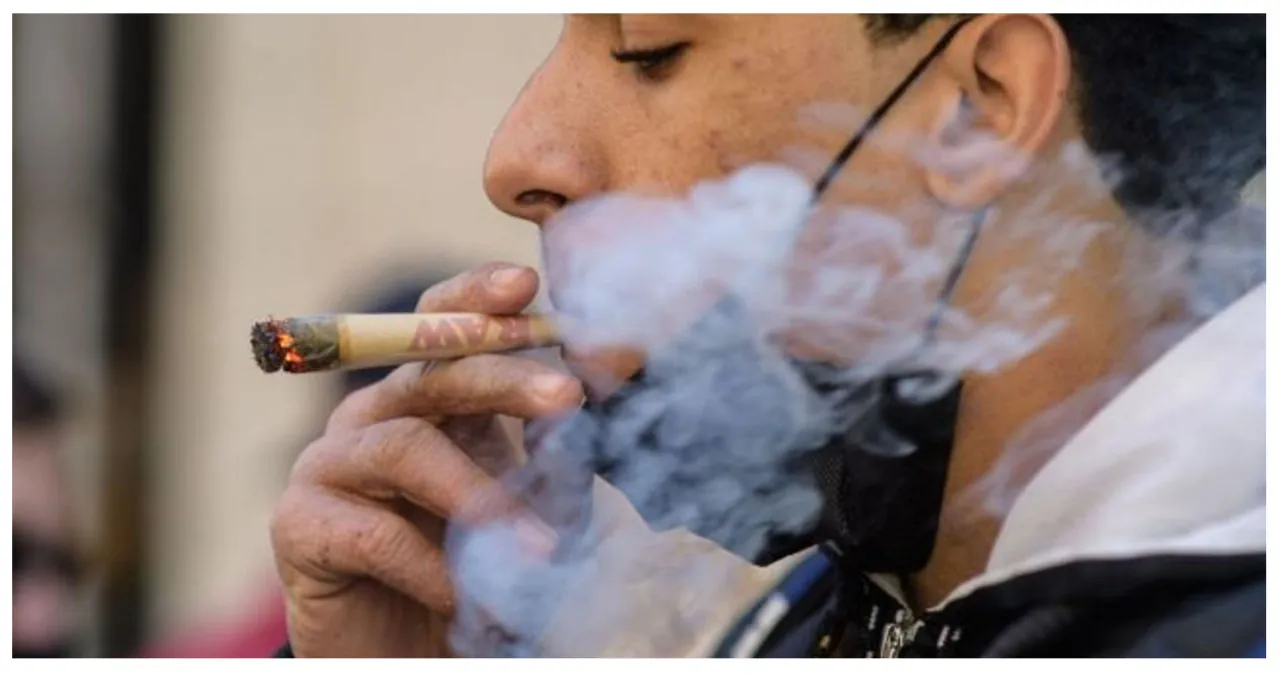Drug trafficking has become a significant problem that affects numerous communities across the United States. As per the Drug Enforcement Administration (DEA), drug trafficking organizations (DTOs) operate in all 50 states and employ diverse methods to transport, distribute, and sell illegal substances like heroin, cocaine, methamphetamine, and fentanyl.
Certain places are more susceptible to drug trafficking than others due to various factors, including geographic location, population density, transportation infrastructure, and economic conditions.
Little Rock, the capital and largest city of Arkansas, holds the distinction of being the state’s drug trafficking capital and a significant hub for drug trade in the region, according to a recent analysis conducted by the DEA. This comprehensive study sheds light on the prevailing drug-related risks, emerging trends, and the challenges faced by Arkansas and its neighboring areas from January 2020 to June 2021.
Exploring the Factors Influencing Marijuana Use in Arkansas
Arkansas, a state historically known for its conservative leanings and strict drug laws, finds itself navigating a shifting landscape concerning marijuana use. While recreational legalization remains elusive, medical marijuana dispensaries flourish, and public support for broader access grows.
Understanding the factors influencing marijuana use in Arkansas requires dissecting a complex interplay of social, economic, and legal forces.
Medical Landscape and Accessibility:
- Medical Marijuana Program: Established in 2016, Arkansas’ medical marijuana program boasts over 85,000 registered patients and 32 licensed dispensaries. This legal avenue fosters accessibility for those suffering from qualifying conditions like chronic pain, PTSD, and cancer. While some view it as a gateway to broader legalization, others believe it diverts attention from recreational concerns.
- Limited Qualifying Conditions: Compared to some states, Arkansas’ list of qualifying conditions for medical marijuana remains relatively restrictive. This leaves numerous patients seeking alternative avenues for relief, potentially contributing to unregulated use.
- Cost and Stigma: Medical marijuana, though legal, still carries a financial burden for some patients. Additionally, societal stigma surrounding cannabis can deter individuals from seeking legal access, pushing them towards the black market.
Social and Cultural Trends:
- Shifting Public Opinion: Recent polls indicate growing support for marijuana legalization in Arkansas, particularly among younger demographics. This changing attitude reflects national trends and could influence future policy decisions.
- Economic Opportunity: Legal cannabis industries contribute significantly to state economies in other states. This potential economic engine, coupled with job creation, could sway some Arkansans towards legalization.
- Perceptions of Harm: Declining concerns about the harmful effects of marijuana, particularly compared to other drugs, contribute to increased acceptance of its use. Educational campaigns and research advancements play a role in shaping these perceptions.
Legal and Regulatory Environment:
- Strict Penalties for Recreational Use: Despite increased acceptance, recreational marijuana possession remains illegal in Arkansas, carrying misdemeanor charges and steep fines. This discrepancy between public opinion and legal reality creates tension and fuels arguments for reform.
- Medical Marijuana Regulations: While regulated, Arkansas’ medical marijuana program faces criticism for limited cultivation options and high licensing fees. These factors can hamper patient access and industry growth.
- Federal Schedule I Classification: Cannabis remains classified as a Schedule I drug by the federal government, hindering research and hindering interstate commerce. This classification, despite increasing national legalization efforts, creates a significant hurdle for broader acceptance in Arkansas.
Additional Considerations:
- Rural-Urban Disparities: Marijuana use and access might differ significantly between Arkansas’ urban and rural communities. Understanding these disparities and tailoring policies accordingly is crucial for equitable access to potential benefits.
- Impact on Law Enforcement: Legalization or decriminalization could significantly impact law enforcement practices and resource allocation. Careful planning and adjustments are necessary to ensure public safety while respecting individual liberties.
Conclusion
Little Rock, located in the Midwest, has been identified as a major hub for drug activity, particularly concerning the distribution of methamphetamine. The Drug Enforcement Administration (DEA) research reveals that the most prevalent and dangerous narcotic in this region is methamphetamine. The primary source of these illicit substances is Mexico, where they are imported and subsequently sold by Mexican drug trafficking organizations (DTOs) and local gangs within Little Rock.
Little Rock faces numerous challenges when it comes to tackling drug trafficking and abuse. However, there are also collaborative efforts and preventive measures in place. It is crucial to take additional actions to ensure the well-being and safety of the residents of Little Rock and the surrounding areas.
Additional Resources:
- Arkansas Department of Health Medical Marijuana Division: https://www.healthy.arkansas.gov/programs-services/topics/medical-marijuana
- National Institute on Drug Abuse: Medical Marijuana: https://nida.nih.gov/sites/default/files/df-marijuana-medicine.pdf
Also Read:
- Why This North Carolina City Tops Rape Statistics: Devastating Ranking
- This City in Arizona Earns the Disturbing Title of Rape Capital
- Virginia’s Most Depressed City Revealed – You Won’t Believe Which One!”



